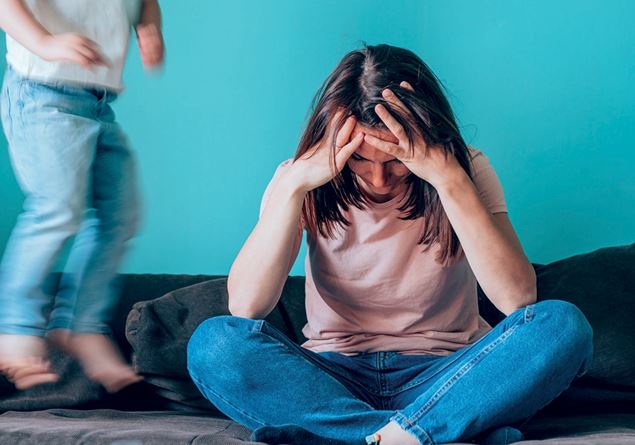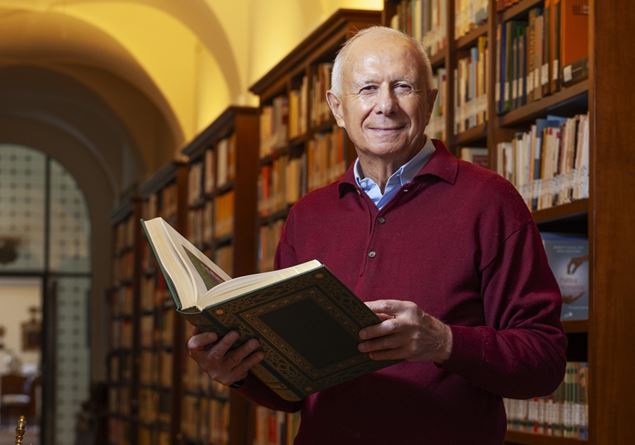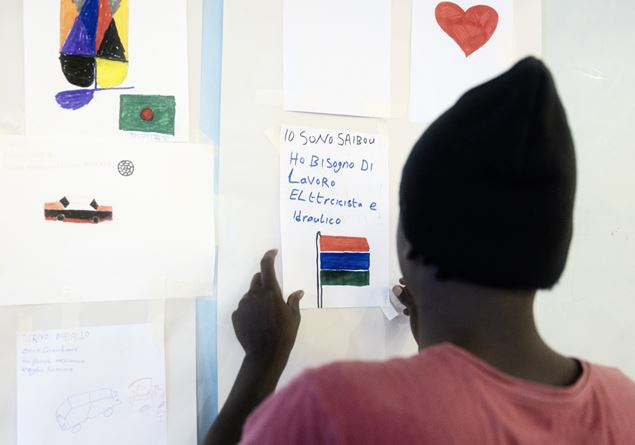But why fill kids with psychotropic drugs? There is a report on the use of medicines in Italy produced by the Italian Medicines Agency which should cause dismay.
In 2016, 0.26% were administered to minors, eight years later we are at double figures. For heaven’s sake, other European countries are worse off, Italy is still lucky. But what drugs are we talking about? Antipsychotics, antidepressants and for ADHD, the generic name for various attention and hyperactivity disorders.
It is true that the increase in drugs follows the growth of pathologies following the dramatic period of the pandemic, which forced young people to lock themselves at home, to lose relationships, leisure, discussion and freedom. It is true that today screenings, also thanks to the greater attention given to school curricula, allow us to detect situations that require an integrated therapeutic path. And drugs should not be demonized if the risk of long-term underestimation is mental health.
But a complete therapeutic path requires specialists, a general practitioner is not enough. And the specialists’ prescriptions follow accurate diagnoses, with particular tests, the teacher who considers the child irrepressible and distracted is not enough.
It is not enough for a pediatrician to suggest pills to calm down an overly agitated child or, worse, to sign certificates of important pathologies, which can leave an indelible mark on the life of a minor.
The famous Dsa, specific learning disorders, are flocking: we are talking about dyslexia, dysgraphia, dyscalculia… They have gone from 0.9% to 5.4% in 10 years. It is right to recognize specific disorders to allow everyone the fundamental right to study.
The doubt arises that regardless there are overly apprehensive and suspicious glances, which risk excluding rather than including children with some difficulties, lowering the level of training offered and creating disparities between peers which can cause suffering.
If the detections of psychological disorders, say experts, concern a maximum of 3% of children, school data indicate a four or five times higher increase in detections.
Certainly the excessive use of technology can distract or reduce the ability to pay attention and therefore learn. Certainly not focusing on reading and writing impoverishes language and mind. Certainly children have the right to live outdoors, in company, they have the right to play, to guides who support them at home, at school and outside of school.
They are the famous educational agencies, which are missing, with adults who are absent or too fragile. So much solitude, daughter of so much individualism; many demands and pursuit of optimal goals that do not take into account the uniqueness and unrepeatability of the person. And even a few too many drugs, to calm the anxieties of parents and teachers, the difficulties of those who do not have the desire or the ability or the time to follow the younger ones with patience, authority and love for their identity.
(Top photo: iStock)









